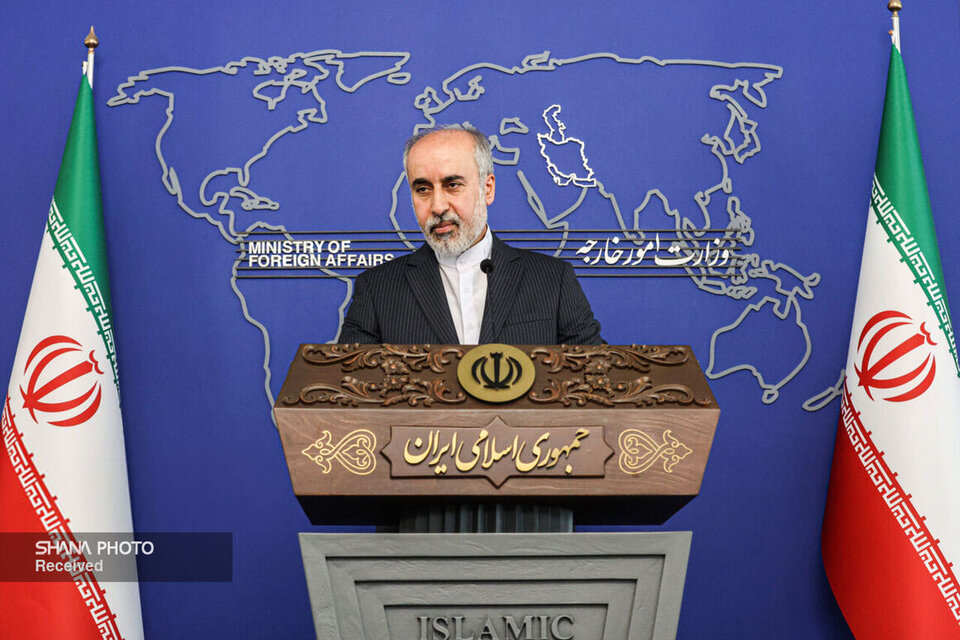Iran’s policy is based on boosting relations with neighboring states within the good neighborliness framework, mutual respect, and noninterference in each other’s internal affairs, added Nasser Kanaani.
Earlier, the spokesman had said Iran’s rights over the joint gas field, known as Al-Dorra in Kuwait and Saudi Arabia, will be pursued through expert-level talks as it is a technical issue.
Oil Minister Javad Owji has also said Iran will pursue its rights to the Arash field if other parties show no willingness to cooperate.
On July 30, the minister told SHANA that Iran will pursue its rights and interests, including the exploitation and exploration of the Arash field, and will not tolerate any breach of its rights.
“Without doubt, behaviors on the basis of respect for common interests could pave the way for appropriate regional cooperation,” Kanaani pointed out.
Iran is determined to help achieve the region’s stability through promoting cooperation with neighbors and rejecting foreign intervention, the spokesman continued.
Touching upon the 44th Persian Gulf Cooperation Council Summit, Kanaani dismissed some clauses of its final communique as “unacceptable”.
Putting great emphasis on Tehran’s unchangeable and principled stances, he said the three islands of Abu Musa, the Greater Tunb, and the Lesser Tunb are inseparable and eternal parts of the Islamic Republic of Iran’s soil, adding, “The Islamic Republic regards any claim on these islands as interference in its own territory, sovereignty, and territorial integrity, and vehemently condemns it.”
Iran’s missile capabilities are within the framework of a transparent military doctrine and on the basis of deterrence and provision of national security, said Kanaani, continuing, “What is the real danger to the region’s security is the military presence of extra-regional actors and the Zionist regime – the root cause of insecurity and threat to Islamic countries and regional stability and security.”


Your Comment